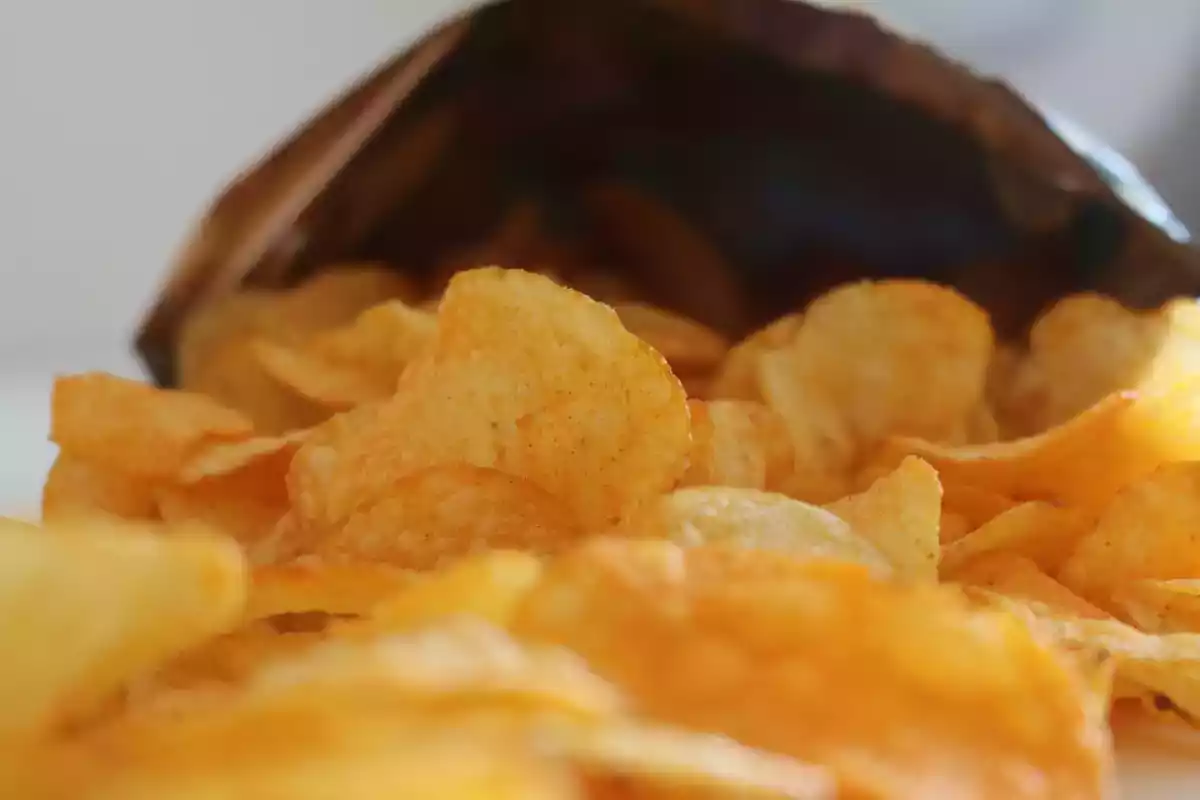No more snacking! Discover simple tips to keep control between meals!

We've all been there: that little indulgence that makes us reach for a packet of potato chips or devour a chocolate bar before we even think about it. But beware: when snacking becomes a habit, it can play tricks on our health, especially if we opt for fatty, sweet or salty snacks... So how can we resist the call of the snack? Here are a few practical (and easy!) tips to put an end to those untimely cravings.
Why do we snack?
First, a little background. Snacking is the practice of eating outside the three main meals (breakfast, lunch and dinner). Unlike snacking, which can be useful for children or athletes, it is often linked to non-food reasons. Yes, we sometimes snack without even being hungry! But why?
- Unbalanced meals: If your meals lack protein or fiber, your feeling of satiety is gone!
- Stress or boredom: Who hasn't snacked to calm nerves or kill time?
- Screens: TV, computer, smartphone... These silent companions often encourage us to chew on a little something without thinking about it.
And the problem? By getting your stomach used to working non-stop, you disrupt its natural signals. The result: your body has trouble distinguishing between real hunger and the desire to eat!
The hidden dangers of snacking
In addition to packing on the pounds, snacking on products rich in salt, sugar or fat can have negative effects on your health. For example, excessive salt consumption promotes hypertension and cardiovascular disease. Sugary drinks, on the other hand, increase the risk of type 2 diabetes. In short, not great...
Tips to say goodbye to snacking
The good news is that there are simple, effective solutions to help you stay in control. Ready to take back the reins of your food cravings? Here's how:
- 1. Adopt complete, balanced meals
A well-designed meal is your best defence against food cravings. Focus on :
- Wholegrain starchy foods (pasta, rice, wholemeal bread): rich in fiber, they fill you up for a long time.
- Lean proteins (chicken, fish, tofu).
- Vegetables for vitamins and minerals.
- Fiber, in particular, is your ally: it slows digestion and prolongs the feeling of satiety. Think legumes like lentils or chickpeas (at least twice a week).
- 2. Plan your menus
There's nothing like organization to avoid temptation. Why not prepare your meals in advance? A varied, well-balanced menu reduces the chances of giving in to improvisation - and therefore snacking!
- 3. Listen to your hunger
Before you give in to an urge to eat, ask yourself: "Am I really hungry, or is it something else? If it's boredom, do something else: go for a walk, do some sport, do something with your hands - in short, take your mind off things! :)
- 4. Limit screens
Eating in front of the TV or computer opens the door to excess. Your brain is so absorbed that it doesn't pick up the satiety signals sent by your stomach. The result: you eat more than you need, without even realizing it.
- 5. Take your time when eating
Did you know that it takes about 20 minutes for your brain to realize that you're eating? The faster you eat, the less time your body has to signal that you're full. So slow down and savour every mouthful!
And if hunger persists?
Don't panic! A little hunger doesn't have to be a source of guilt. If you're really hungry between meals, opt for healthy snacks:
- Fresh fruit (an apple, a banana).
- Unsalted nuts (almonds, walnuts, hazelnuts).
- Plain yoghurt.
These foods calm hunger while providing you with quality nutrients.
A question of balance
To sum up, avoiding snacking is a bit like juggling prevention and adaptation. With well-thought-out meals, good organization and a few simple reflexes, you can say goodbye to those untimely cravings :)
You may be interested in:
 Adèle Peyches
Adèle Peyches

Comments